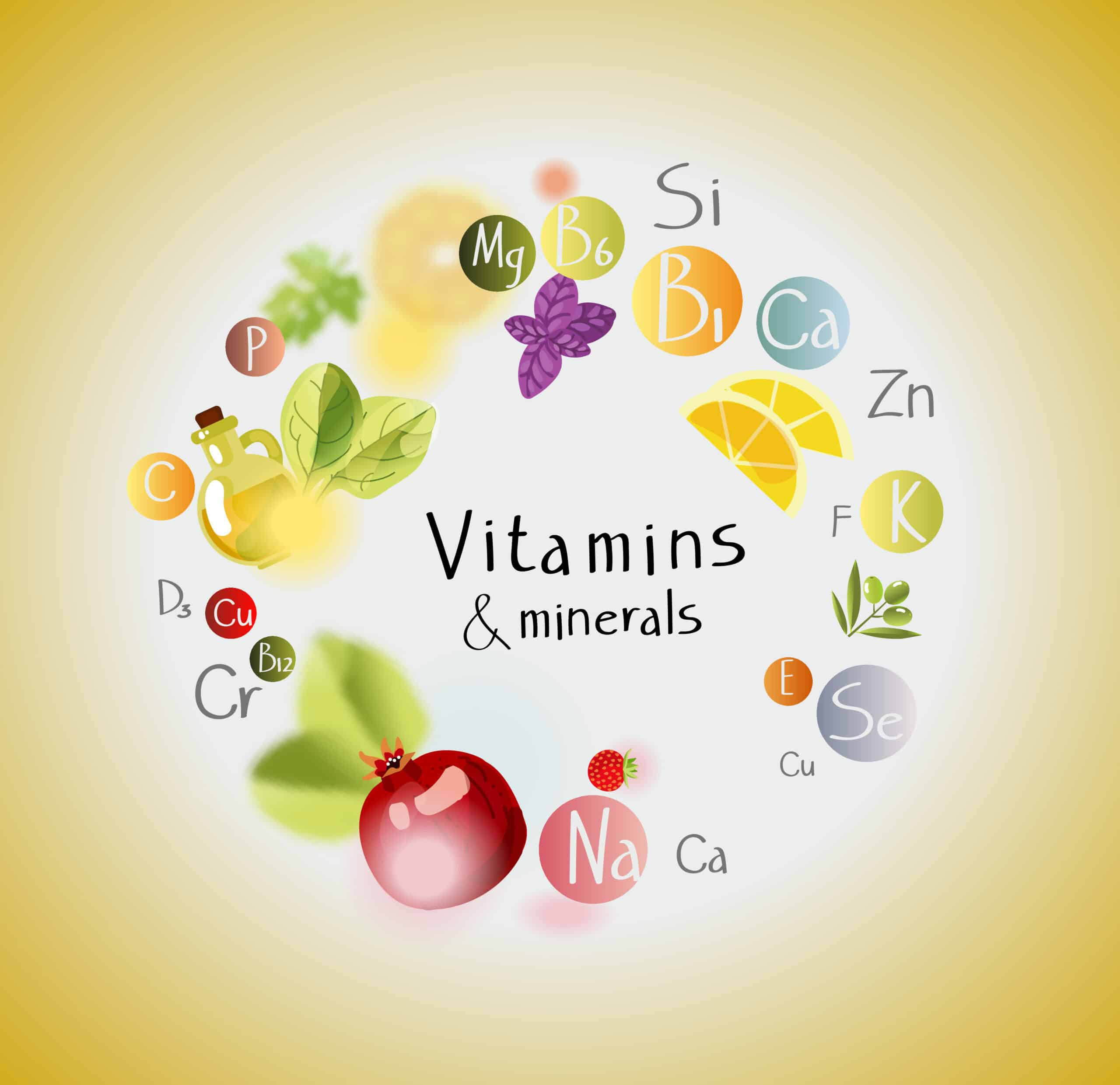Keep watch of the things that your body is trying to tell you, if it is something unusual don’t ignore it. The sooner one addresses an issue the more easily it can possibly be remedied through diet and lifestyle changes, this is especially true when it comes to a nutrient or vitamin deficiency.
Stiff joints and an achy body may be an indication that you are low on vitamin D, which helps the body to absorb calcium and is one of the main building blocks of bones, and when one is lacking in vitamin D it can lead to bone density loss and soreness. It can be difficult to get enough vitamin D through diet alone, the simplest way to boost these levels is by spending some time in the sun. According to a report published in the Journal of Pharmacology & Pharmacotherapeutics vitamin D produced in the skin via sunlight exposure may last twice as long in the body compared to vitamins. Keep in mind that too much sun exposure could increase the risk for skin cancer, according to Yale Medicine using sunscreen can help to prevent the disease. Too much vitamin D can also lead to toxicity so be cautious with DIY.
When your nails are peeling, brittle and prone to breaking it is possible that you may be low on iron, this deficiency can result in limited oxygen to the organs, muscles and tissues. Eating more foods that are high in iron content is an easy fix and incorporating more vitamin C can help to boost absorption. Cooking food such as dark leafy green vegetables like spinach in cast iron pots and pans has been shown to significantly increase iron content according to studies published in the Journal of the American Dietetic Association and the Journal of Indian Pediatrics.
That twitching eye is called myopenia, and according to the Cleveland Clinic, there are many causes ranging from fatigue, caffeine, alcohol and stress. Being low on magnesium could also cause your eyelids to spasm, and a study published in Nutrition Reviews suggests that 48% of Americans are magnesium deficient. You can address this deficiency by eating more magnesium-rich foods like nuts and seeds, for example, pumpkin seeds are particularly rich in magnesium.
If you are feeling really tired with weak muscles, are in a bad mood, having trouble with focus and staying on track even though you are not sick and getting enough sleep this may be a sign that you are lacking in vitamin B12. According to Johns Hopkins Medicine, B12 is vital to red blood cell production which transports oxygen throughout the body and when they are not working efficiently you can feel worn out and generally depleted. A report published in the journal Current Medicinal Chemistry demonstrated that B vitamins are important to neuronal function and deficiencies can lead to brain fog and depression. This deficiency is common in vegans and vegetarians as it mostly comes from animal proteins.
Bruising easily, getting random nosebleeds, bleeding gums, and heavier than usual periods may indicate that you have deficient levels of vitamin K which is a coagulator that helps blood to clot properly. This vitamin can be found in fermented foods and green leafy vegetables, if opting for a vitamin try to look for a high-quality supplement rather than a synthetic one.
According to the NIH skin scales and flakes may be a sign that you are low on fatty acids, and a report published in the journal Marine Drugs demonstrated that omega-3s play an important role in moisture retention. Oregon State University research suggests that fatty acid consumption results in greater UV protection, fewer wrinkles, plumper skin and a more even complexion. For those that don’t care for fish, you can also get omega-3s in walnuts, chia seeds, flax, and avocado.
Although the mentioned symptoms could be indicative of a mineral or vitamin deficiency they very well could also be caused by something else that is more serious, as such it is always best to make an appointment with your physician or certified medical professional to be safe and rule out any possible medical condition(s).




